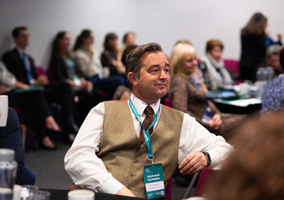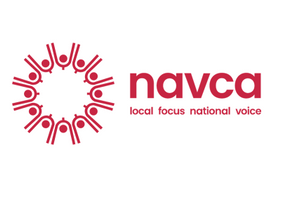The Local Government Association (LGA) has published guidance to improve relationships between councils, regional sector bodies and smaller charities in England.
LGA’s guide says that barriers to councils working in partnership with smaller charities often arise when there is “a lack of trust, openness or poor communication” as well as insufficient resources put into maintaining positive relationships.
This can lead to council officers responsible for commissioning the sector to have a lack of knowledge and understanding of local infrastructure organisations (LIOs) and smaller charities, the guide says.
“Further barriers to sustained partnership working can include a focus on short-term funding and outputs over longer-term agreements and outcomes, or relationships that are framed only in the context of commercial considerations, with an emphasis on competitive tendering rather than working to develop partnerships,” the guide says.
“This can include a perception that procurement teams apply rules over-zealously and in risk-averse ways, potentially seen as inappropriate to the size of contract or bidding organisation, without challenge from commissioners.”
To overcome these barriers, the guide recommends that all parties aim to improve trust by co-producing activities and outcomes and opening clear communication channels “so that difficult conversations can take place”.
It calls for charities to recognise that “they are often able to act with greater flexibility than councils”.
The guide also urges councils to recognise “that they hold more resources and power in the situation”.
LGA: ‘Mismatch of size’ can test relationships
Heather Kidd, chair of LGA’s safer and stronger communities board, said in the guide’s foreword: “Many councils have excellent working relationships with smaller voluntary community social enterprise (VCSE) organisations.
“However, sometimes the mismatch of size, resource and knowledge can mean those relationships either don’t form or don’t work as well as they could.
“Local infrastructure organisations can be an effective bridge between councils and the full ecosystem of VCSE organisations, overcoming those mismatches, helping to bring the full range of VCSE voices to the table, and empowering smaller organisations to work effectively with councils.
“This good practice guide sets out some simple, practical steps that councils can take to work with infrastructure organisations in order to strengthen and engage effectively with smaller VCSE organisations.”
‘Opportunity for councils to go further’
NAVCA, which represents local infrastructure organisations, said it worked with LGA to produce the guide, which it said would “help build and develop existing relationships”.
A spokesperson said: “NAVCA sees this as a positive opportunity for councils to go further in working with the VCSE sector and local infrastructure organisations as key partners to better serve the needs of local people and communities.”
Nicole Sykes, director of research, policy and communications at Pro Bono Economics, said: “This is a valuable resource from the LGA to help councils engage more effectively with key VCSE organisations and local infrastructure.
“Providing such support was a key recommendation from the Law Family Commission on Civil Society, which more than 800 charities and other organisations fed into.
“This guide offers practical steps to strengthen relationships between councils and smaller charities, social enterprises and voluntary organisations, helping them work together for the benefit of our communities.”
Call for UK government action
Tony Armstrong, chief executive of community organisation membership body Locality, said: “We have long sought to stimulate and strengthen relationships between local authorities and community organisations.
“So, we’re delighted to see the LGA echoing our call for better collaboration between sectors.”
Armstrong also called on the UK government to “empower local communities to shape the places they live, more directly”.
“This is why, as part of the We’re Right Here campaign, we're calling for formal power-sharing agreements as part of the English devolution bill,” he said.
“This will firmly embed community power in local governance across the country.”
Related Articles












